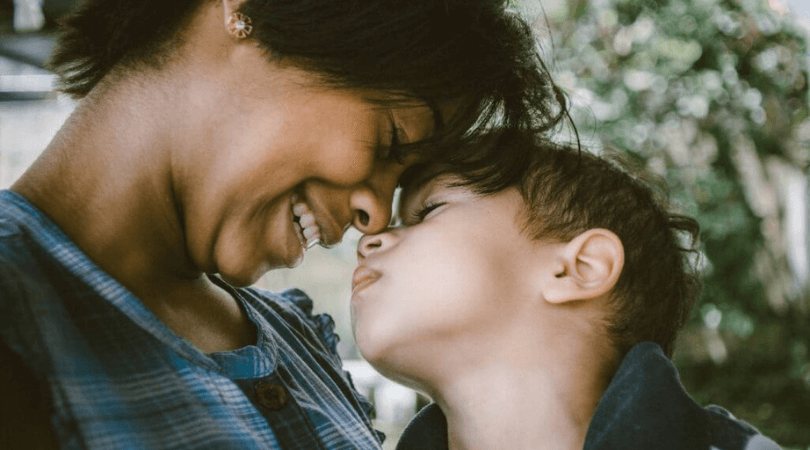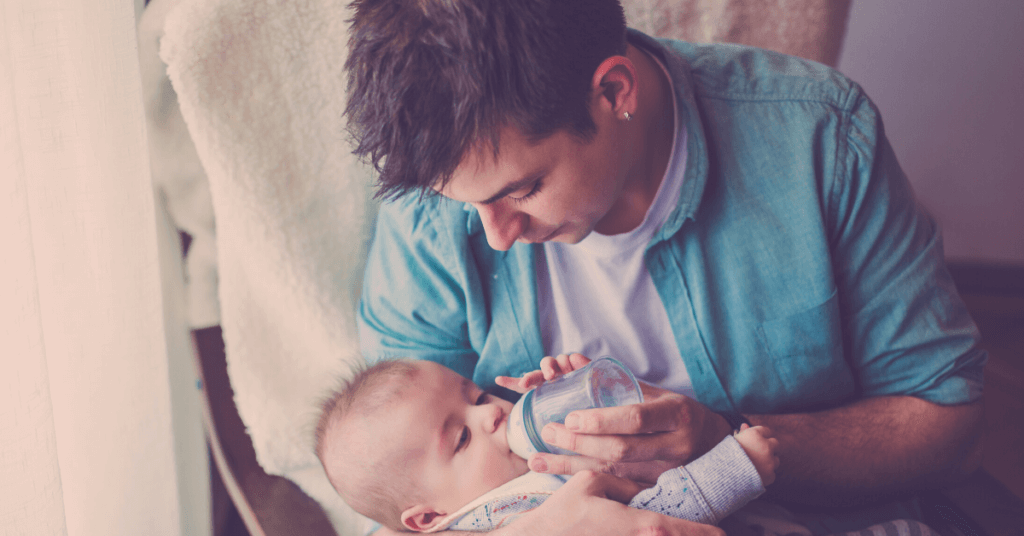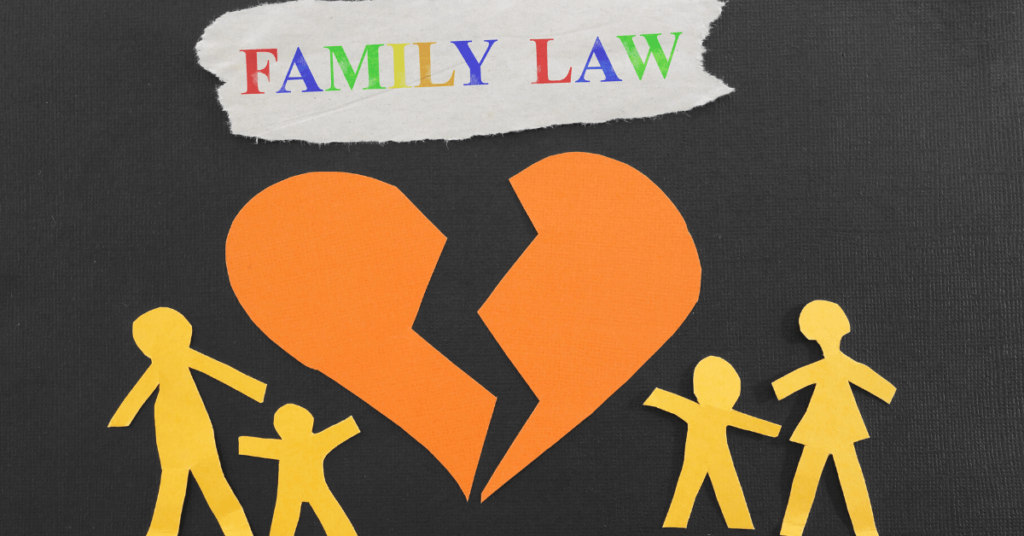
GEORGIA EQUITABLE CAREGIVER STATUTE IS NOW IN FULL EFFECT
Custody Law Changes in Georgia that could affect your Case!
On July 1, 2019, a sweeping overhaul to Article 1 Chapter 7 of Title 19 of the Official Code of Georgia Annotated went into effect regarding the parent and child relationship generally. O.C.G.A. 19-7-3.1, also known as the “Equitable Caregiver Statute”, was added to the code section giving the Atlanta Courts the ability to adjudicate an individual as an equitable caregiver to a minor child, provided that individual meets certain criteria. Before the change, Georgia law only allowed superior court judges to consider certain groups of family members for third-party custody, namely: grandparents, great-grandparents, aunts, uncles, siblings or adoptive parents. Since the new law went into effect, the categories of individuals have expanded. A non-biological or non-adoptive caregiver may now petition the courts for custody of a child. This means anyone that can prove a relationship as a caregiver could be found fit for custody of the child/children. Contact Attorney Sean R. Whitworth in Marietta, GA.

Before granting custody to an equitable caregiver in the State of Georgia, the Court must establish—by clear and convincing evidence—that the caregiver has:
(1) Fully and completely undertaken a permanent, unequivocal, committed, and responsible parental role in the child’s life;
(2) Engaged in consistent caretaking of the child;
(3) Established a bonded and dependent relationship with the child, the relationship was fostered or supported by a parent of the child, and such individual and the parent have understood, acknowledged, or accepted or behaved as though such individual is a parent of the child;
(4) Accepted full and permanent responsibilities as a parent of the child without expectation of financial compensation; and
(5) Demonstrated that the child will suffer physical harm or long-term emotional harm and that continuing the relationship between such individual and the child is in the best interest of the child.
Attorney Sean R. Whitworth is located in Cobb County and is licensed to practice in the State of Georgia.
Changes in Custody Law could affect Your Case!
In Custody Law It is Important to Note:
This expansion does not circumvent a biological parent’s right to care for their child under custody law. Accordingly, the equitable caregiver must prove, unequivocally, that the child subject to the action will suffer physical or long-term emotional harm if custody is not granted and they must show that it is in the child’s best interest to grant custody to the equitable caregiver. When determining whether the child will suffer harm, the Court must consider the following in Atlanta:
- Who are the past and present caretakers of the child;
- With whom has the child formed psychological bonds and the strength of those bonds;
- Whether competing parties evidenced an interest in, and contact with, the child over time; and,
- Whether the child has unique medical or psychological needs that one party is better able to meet. See, C.G.A. §19-7-3.1 (e).

The purpose of this overhaul was to bridge a gap left following the ruling of Obergefell v. Hodges, which is the Supreme Court case that settled the question of same-sex marriage. What the ruling failed to address was the issue of same-sex parenting. Prior to the passage of the Equitable Caregiver Statute, there was no presumption of parentage under state law for members of a same-sex marriage unless there was a formal adoption. What this meant was that in the event of a divorce of a same-sex couple, only the biological or adoptive parent would have a claim to custody. The new law now gives both parties in a same-sex marriage equal footing to claim custodial rights of a minor child. This law does not only benefit same-sex couples. It also gives step-parents and other equitable caregivers legal standing to petition the Court for custody of a child. For instance, a step-parent that raised a child for the majority of the child’s life with the biological parent may have a claim to custody in the event the biological parent dies. Previously, only a biological or adoptive parent or relative would have the standing to request custody in that situation. Further, if a biological parent and step-parent divorce, the step-parent would have the right to petition the court as an equitable caregiver for custody of the minor child if the step-parent meets the within criteria.
In order to petition the Court for custody under the new statute, an equitable caregiver must establish standing to maintain the action in accordance with the following:
(1) File with the initial pleading an affidavit alleging under oath specific facts to support the existence of an equitable caregiver relationship with the child as set forth in subsection (d) of this Code section. The pleadings and affidavit shall be served upon all parents and legal guardians of the child and any other party to the proceeding;
(2) An adverse party, parent, or legal guardian who files a pleading in response to the pleadings in paragraph (1) of this subsection shall also file an affidavit in response, serving all parties to the proceeding with a copy;
(3) The court shall determine on the basis of the pleadings and affidavits pursuant to paragraphs (1) and (2) of this subsection whether such individual has presented prima facie evidence of the requirements set forth in subsection (d) of this Code section. The court may in its sole discretion, if necessary and on an expedited basis, hold a hearing to determine undisputed facts that are necessary and material to the issue of standing; and
(4) If the court’s determination under paragraph (3) of this subsection is in the affirmative, the party claiming to be an equitable caregiver has standing to proceed to adjudication under subsection (d) of this Code section See, O.C.G.A. §19-7-3.1 (b).

Contact Our Family Law Firm Today if these Custody Law Changes could affect your Case.
If you wish to pursue action as an equitable caregiver it is important that you consult with an attorney to determine your rights. Please feel free to contact our firm to discuss your options. We are located in Marietta, Georgia and offer free consults for all Family Law Cases. We service counties all around Atlanta, our Attorney Sean Whitworth charges flat fees and payment plans so that no family has to compromise quality representation for affordable representation.
